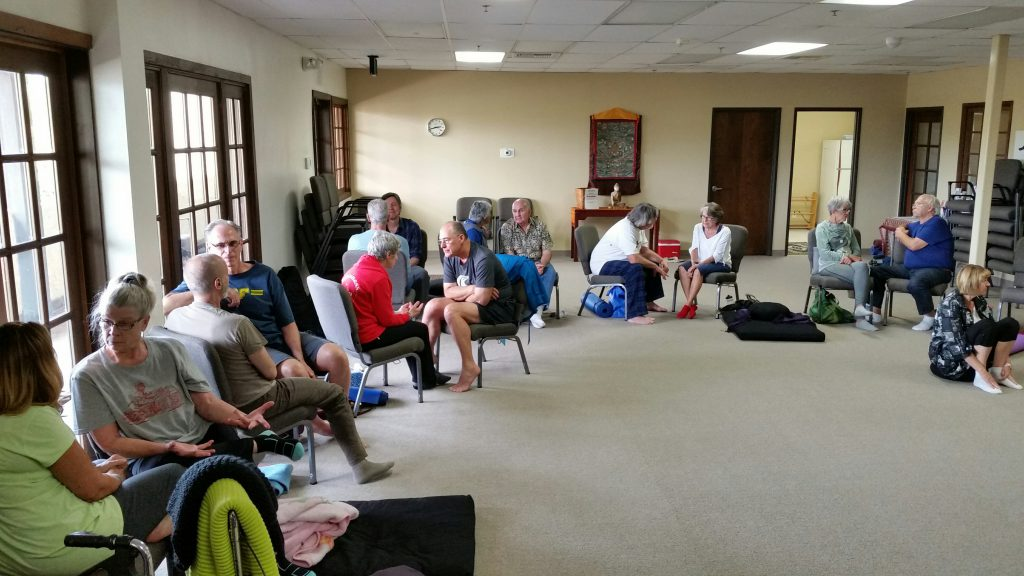You have a lot of tasks to do in a day and staying focused can become difficult with the constant flow of employees, customers, emails and phone calls that demand your attention. It’s better to understand the limits of your brain and improve its focus to increase your productivity.
Do one with what you do
Concentration and mindfullness is essential to stay as effective and productive as possible in reading, phoning, communicating, or facilitating a meeting. Good concentration makes memorizing easier and avoids too much energy loss. To improve your concentration is also to be more Zen and to acquire a good control of oneself. Concentration wants to pay attention to listen, observe and record what is important. If you are easily distracted by your environment or unwanted thoughts, you are lowering your work capacity and quality. Being focused means being 100% what you do and doing one with what you do.
Concentrate when you need it
Your brain is very permeable to the slightest distraction, so the current digital environment makes life extremely difficult for you and challenges your ability to focus. A distraction disorients your mind and can be dangerous as the brain’s response is automatic and virtually unstoppable. If multitasking is an important skill, it also has the disadvantage of reducing your intelligence. You make mistakes, miss subtle clues and make things worse, give you the illusion of multitasking that brings you the great emotion of doing many things at once. In the end, it’s not about being attentive all the time, but about enjoying a short, distraction-free time each day.
Do the creative work first
When you start your day without a very specific plan, confronting your tasks with an undefined degree of urgency, in the first hours you spend your best energy and use your attention. One hour of work decreases your starting work capacity. In order to concentrate effectively, reverse the order of things: start in the morning with tasks that require creativity or concentration, and then move on to easier work, such as deleting e-mails or scheduling meetings.
Deliver your time deliberately
By studying thousands of people, it has been found that we are really concentrated on average only six hours a week. Both use appropriately these precious hours. Some concentrate better in the morning, others in the night, and often outside of office hours. Note where and when you are best focused and then assign your most difficult tasks at these times.
Train your mind like a muscle
When multitasking is the norm, your brain adapts quickly, you lose the ability to concentrate, and distraction becomes habit. You must practice concentration exercises, close or turn off all distractions and focus your attention on a single task. Start with a short time, for example 5 minutes a day, and then work gradually over a longer time. If your mind begins to wander, just go back to the task at hand. It is a training to follow regularly, as to keep you in shape, you have to get used to the “muscle” to concentrate.




